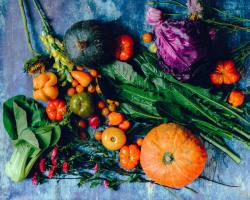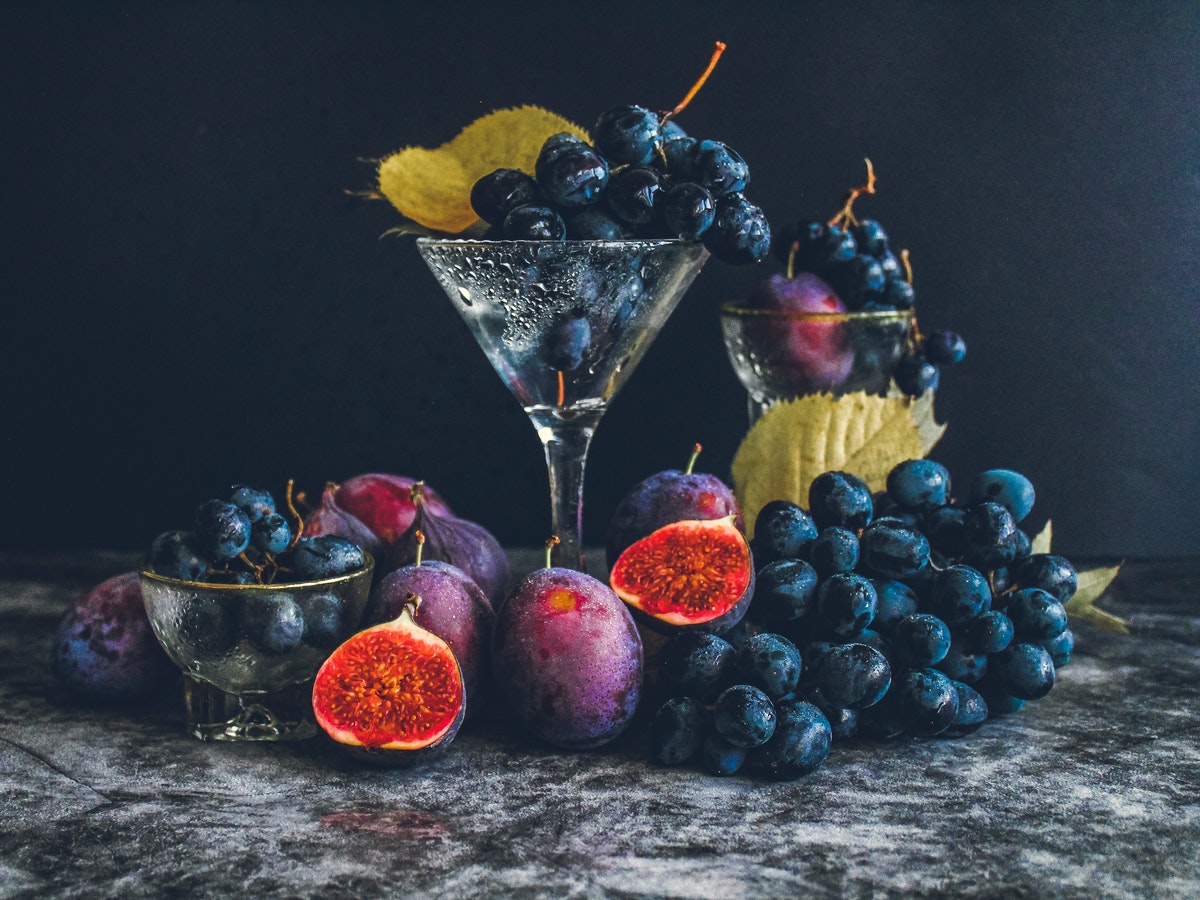
It was just like yesterday, when we were drowning in sweat and drinking tons of water all day long. Yes, in fact it was yesterday and now after the first September rain, it’s cooler in the evenings and the mornings and the cats are already nap on the car’s hoods.
You might have already noticed that after such days you get tired faster and it is preferable to close the important deals earlier before you fatigue took over. It’s a nameless twin to the spring fatigue we pay no attention to since the days shortened.
If Peter Deunov's advice about eating before dusk is hard to follow, what are the most useful tips in nutrition and lifestyle that you can take into account in order to better endure the change of season, being healthy, energetic and joyful all day, the entire fall.
Warm and cooked food.
Autumn is the season when we may need warmth again. It’s time to gradually begin replacing the raw foods with cooked ones. Start off with warm soups and cooked vegetables and step by step introduce more complex dishes by the mid-autumn.
Fats and animal foods.
The fats and nuts help us to adequately meet our energy body needs. For omnivorous, moderate meat consumption is appropriate as well with its warming nature, longer transit and energy release.
Vegetables underground.
Everyone — and especially vegans — need root vegetables to ground themselves and to warm up with their complex fibers and sugars. The fans of cleansing programs could use their juices as a great tool for several days of detox.

All the fruits on the table.
During the first cool days our body may make you crave sugary food. Don’t skip the rich and tasty fruits of autumn - apples, pears, blueberries, grape, rose hips, medlars, pumpkins, persimmons, pomegranates and many more. There’s no way to miss them even during late autumn as their forms eventually vary to dried, roasted, preserved in homemade jams — where, taking into consideration the use of sugar, the basic rule is that the poison is in the dose.
Irreplaceable legumes and whole grains.
No season passes by without cooking some of them them and — as it’s getting cold — they are especially important. As our food becomes heavier and more complex, they facilitate in the most effective way the bowel movement and food transit adequate. If they give you gasses, don’t avoid them and precook them better. Soaking, preboiling, and adding baking soda or 1 tbsp. rakia makes the hardest been become soft and easy like a butter. If that doesn't help, find softer and fresher breeds, but — if possible — don't take them off your menu completely.
Honey and herbs.
All the magnificent herbs, harvested in their fragrant leaves the generous rays of the sun, present wonderful remedies against the colds that might befall us. The honey — along with the numerous bee products — also improve our immunity. also, we shouldn’t miss the kill-ill smoothie with lemon and ginger.
The water is aways here.
One of the things we tend to underestimate when it’s getting cold is the need to stay hydrated. Reduced water consumption shouldn’t be of concern if we’re into the habit of having tea every once in a while. However, for all — and especially for tobacco and coffee users — warm lemon water first thing in the morning and a cup of plain water 15-30 minutes prior meals are a must in order to regulate stomach acidity and improve food absorption.

How do you cope with the transition from one season to another? The nutrition health coach is there for you to identify the causes and relations of various conditions and offer a personalized approach and the best food choice for you, without need of drugs or supplements. Your personal support! Book your first consultation now.
